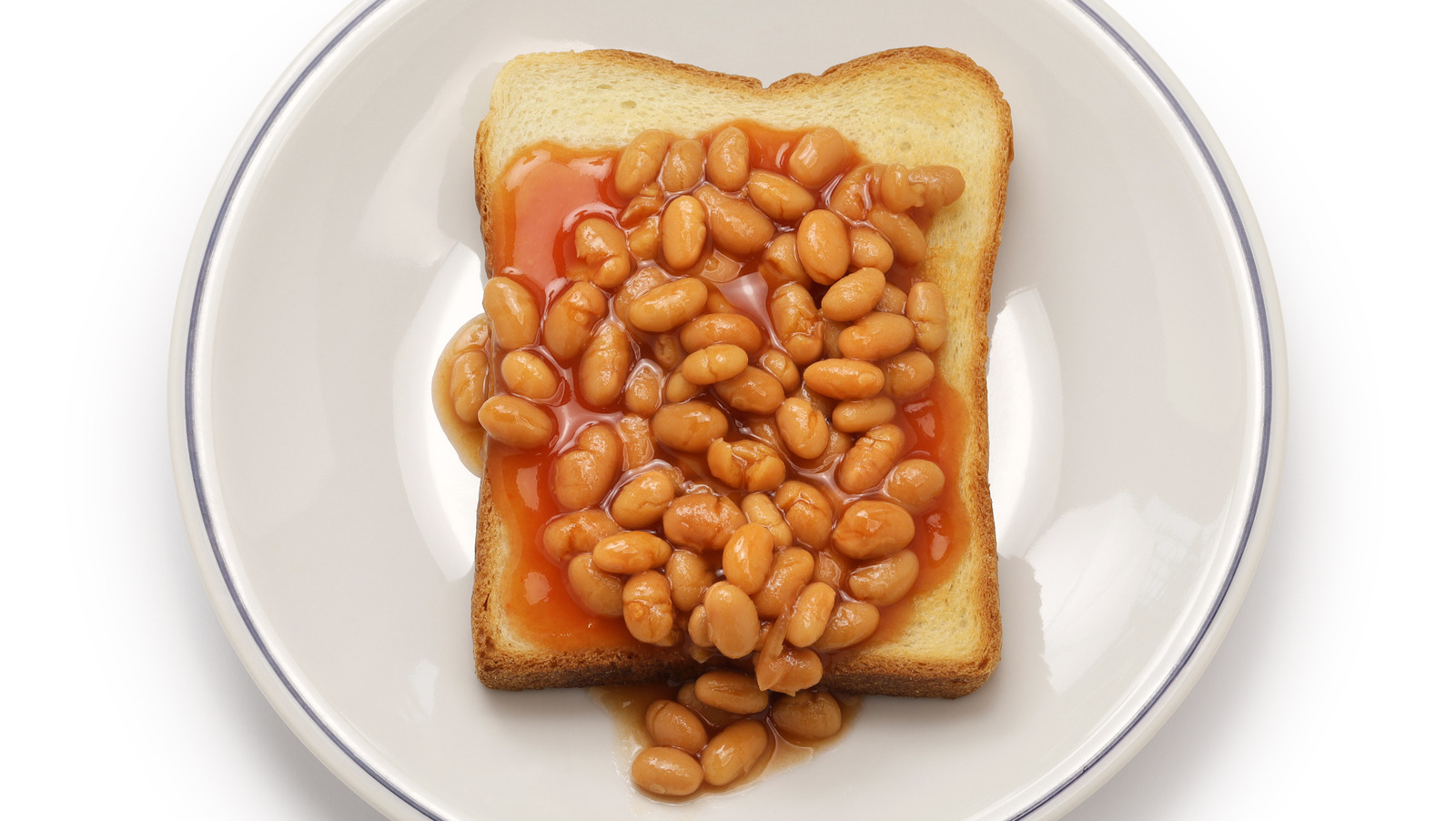Discover the Secrets of the Mediterranean Diet
Are you looking for a delicious and healthy way to improve your eating habits? The Mediterranean diet might be just what you need. This popular way of eating is inspired by the traditional dietary patterns of countries bordering the Mediterranean Sea, such as Greece, Italy, and Spain. It emphasizes fresh fruits and vegetables, whole grains, lean proteins, and healthy fats, making it a great choice for anyone looking to improve their overall health.
Key Components of the Mediterranean Diet
The Mediterranean diet is more than just a list of foods to eat. It’s a lifestyle that promotes overall well-being. Here are some key components of this diet:
- Abundance of Plant-Based Foods: Fruits, vegetables, whole grains, nuts, and seeds are the foundation of the Mediterranean diet. These foods are rich in vitamins, minerals, and fiber, which are essential for good health.
- Healthy Fats: Olive oil is a staple in the Mediterranean diet and is used as the primary source of fat. It’s rich in monounsaturated fats, which are known to be heart-healthy. Other sources of healthy fats in this diet include avocados and nuts.
- Lean Proteins: Fish and poultry are preferred over red meat in the Mediterranean diet. Fish, in particular, is rich in omega-3 fatty acids, which have been linked to numerous health benefits.
- Limiting Red Meat: While red meat is not off-limits, it’s consumed in moderation in the Mediterranean diet. This approach can help reduce the intake of saturated fats, which are linked to heart disease.
- Herbs and Spices: Instead of relying on salt to flavor foods, the Mediterranean diet emphasizes the use of herbs and spices, such as garlic, basil, and oregano, to add flavor to dishes.
Health Benefits of the Mediterranean Diet
Following the Mediterranean diet has been associated with numerous health benefits, including:
- Heart Health: The emphasis on healthy fats, lean proteins, and whole grains in the Mediterranean diet can help lower the risk of heart disease and stroke.
- Weight Management: The abundance of fruits, vegetables, and whole grains, along with the moderate consumption of lean proteins, can support healthy weight management.
- Improved Brain Function: Some research suggests that the Mediterranean diet may help protect against cognitive decline and reduce the risk of developing Alzheimer’s disease.
- Reduced Inflammation: The anti-inflammatory properties of the foods in the Mediterranean diet may help reduce the risk of chronic diseases associated with inflammation.
Tips for Incorporating the Mediterranean Diet Into Your Life
Ready to embrace the Mediterranean way of eating? Here are some tips to help you get started:
- Fill Your Plate with Color: Aim to include a variety of colorful fruits and vegetables in your meals to ensure you’re getting a wide range of nutrients.
- Choose Whole Grains: Opt for whole grain bread, pasta, and rice to increase your fiber intake and promote feelings of fullness.
- Snack on Nuts and Seeds: Keep a stash of nuts and seeds on hand for a satisfying and nutritious snack option.
- Experiment with Fish: Try incorporating fish into your meals a few times a week to take advantage of its omega-3 fatty acids.
- Use Olive Oil as Your Go-To Fat: Swap out butter and other cooking oils for heart-healthy olive oil in your recipes.
- Enjoy Meals with Others: The Mediterranean diet isn’t just about the food – it’s also about the social aspect of sharing meals with family and friends.
By embracing the principles of the Mediterranean diet, you can enjoy a delicious way of eating that also supports your overall health and well-being. So, why not give it a try and savor the flavors of the Mediterranean?
More Delicious Mediterranean Recipes to Try
For those eager to incorporate the Mediterranean diet into their daily routine, several recipes stand out for their health benefits and ease of preparation. The Grilled Salmon with Lemon and Herbs Recipe is highly recommended, offering a rich source of omega-3 fatty acids essential for heart health. Additionally, the Mediterranean Chickpea Salad Recipe provides a high-protein option that is both filling and refreshing. For a vegetarian twist, the Stuffed Bell Peppers with Quinoa and Vegetables Recipe is a nutrient-packed choice that delivers a satisfying meal. These recipes not only align with the Mediterranean diet's principles but also introduce delightful flavors and textures to your table.











